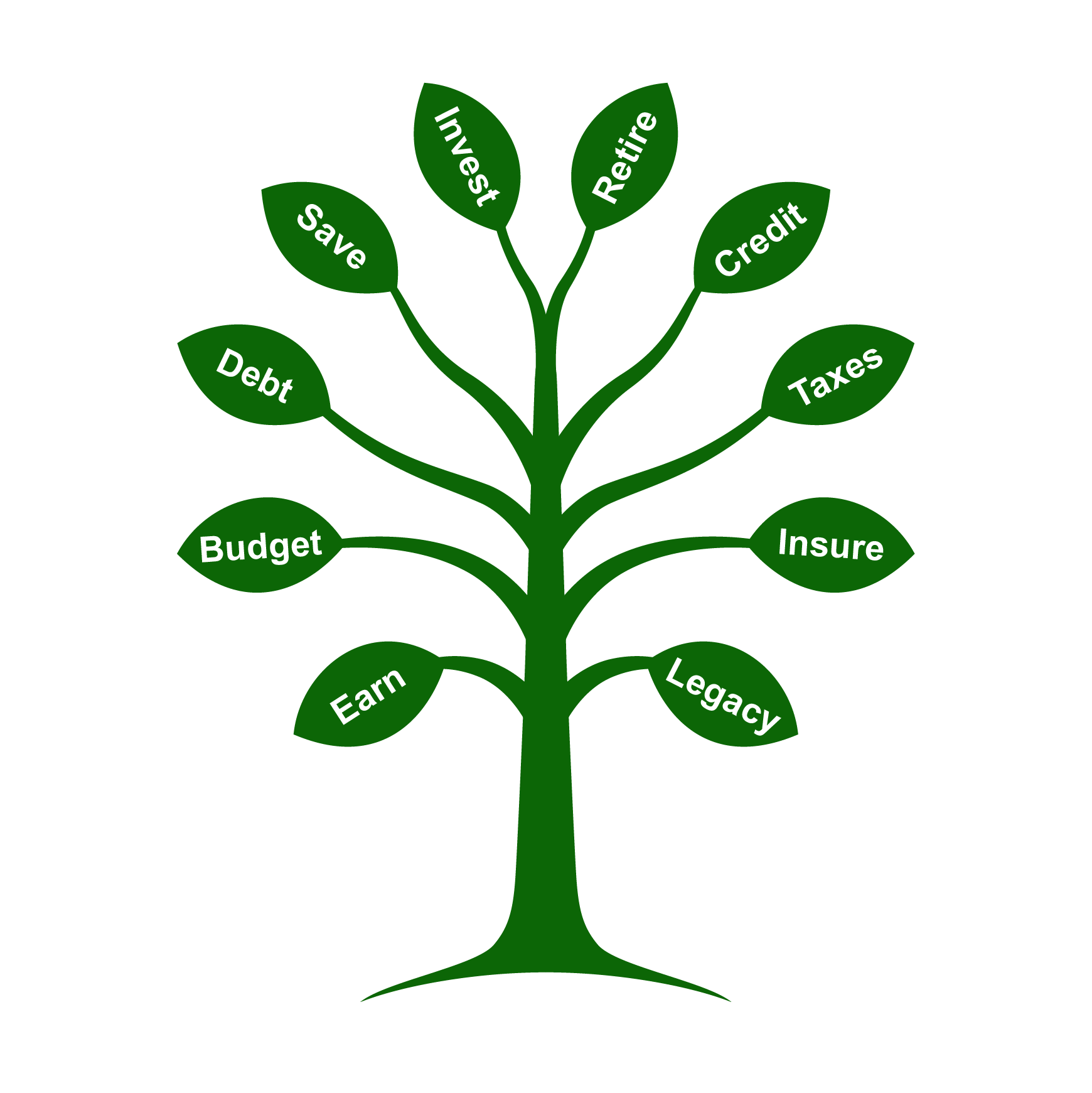How to Have a More Productive First Meeting With a Financial Advisor

Not sure what to expect for your first meeting with a financial advisor? It’s normal to feel uncertain and maybe even a little nervous, but preparing adequately can make the experience both productive and reassuring.
What to Bring
To start, compile a file of relevant financial documents. This should include recent bank statements, investment records, debts, any existing insurance policies and your current household budget if you’ve made one. Also, bring identification and any legal documents pertinent to your financial situation, such as your will or trust documents. Having these on hand will help your advisor get a comprehensive view of your overall financial health.
Financial Goals
A key part of your discussion will be about your short-term and long-term financial goals. Whether you aim to buy a house, pay down debt, save for your child’s education, or retire early, be prepared to share these goals with your advisor so they can put together a financial plan that meets your need.
Personal Risk Profile
Your financial advisor will likely discuss the different types of investment risks associated with various portfolios. Being honest about your own risk tolerance is crucial. Are you willing to risk a potential financial loss for the possibility of a greater financial reward, or would you prefer a safer, more stable path? This will influence the strategies your advisor might recommend.
Estate Planning and Insurance
Be prepared to talk about the future, including estate planning and insurance. These discussions can help ensure that your financial plans protect your future needs and the needs of those you care about.
Fees and Fiduciaries
When meeting with a financial advisor, it’s crucial to understand their fee structure to avoid any surprises. Advisors may charge a flat fee, an hourly rate, or a percentage of your portfolio’s assets under management (AUM). Each model has its pros and cons, depending on your financial situation and the type of services you require. Additionally, confirm whether your advisor is a fiduciary, meaning they are legally obligated to act in your best interest. Knowing this can help ensure that the advice you receive is aligned with your financial goals, not driven by commissions or other incentives.
Action Plan
Before the meeting concludes, it’s important to establish clear next steps. This may include gathering additional documents, setting up follow-up appointments, or starting with initial financial adjustments as recommended by your advisor.
Building a Better Tomorrow
Congratulations on taking this important step. Establishing a good working relationship with a qualified financial advisor can help pave the way for a more financially secure tomorrow. only ease your concerns but also pave the way for a fruitful partnership in managing your finances.


